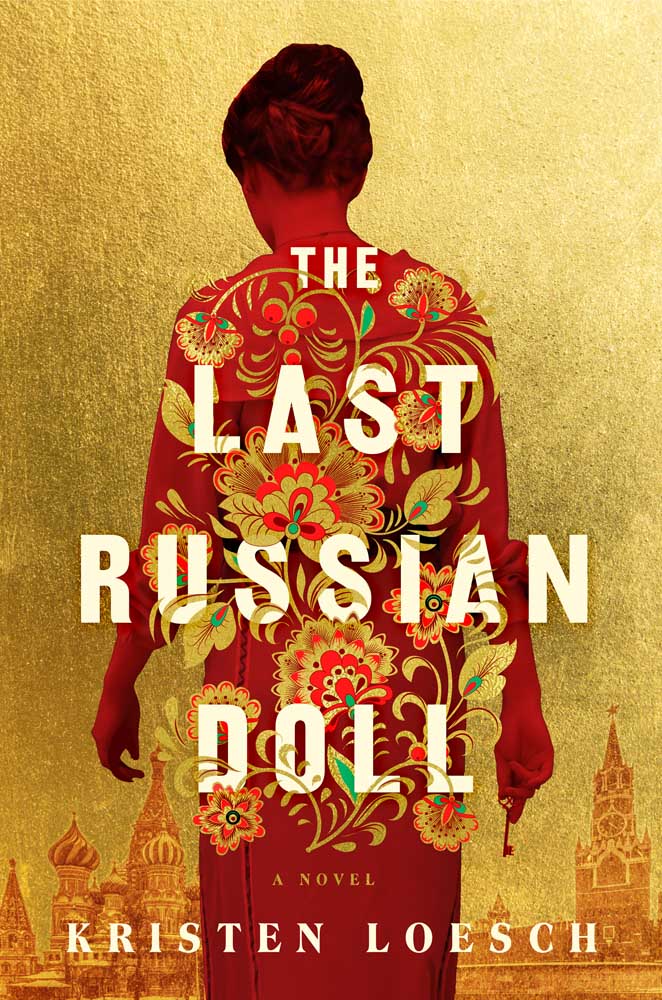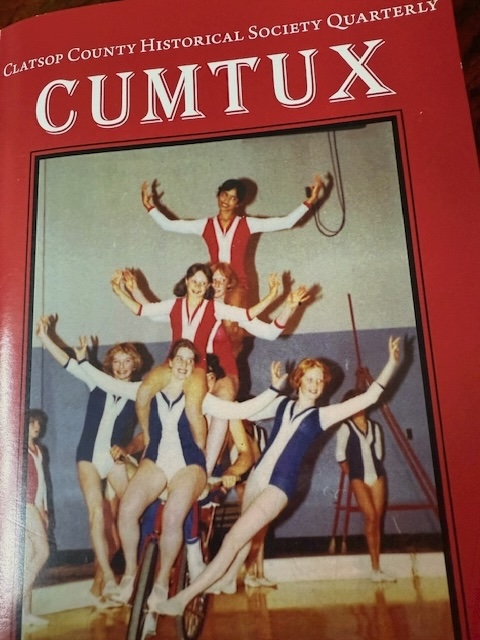Bookmonger: Northwest author delves into turbulent history
Published 9:00 am Wednesday, April 5, 2023

- “The Last Russian Doll” is a historic exploration by Seattle area author Kristin Loesch.
Vladimir Putin’s attempt to claw the independent republic of Ukraine into his idealized remembrance of a larger, more powerful Moscow-controlled nation, even if it means obliterating Ukrainian assets in the process, will inevitably lurk in the back of minds of readers who pick up “The Last Russian Doll.”
Trending
This debut novel by Seattle area author Kristin Loesch spans three generations of women who are buffeted by the upheavals that consumed Russia in the 20th century. In Tolstoyan tradition, Loesch weaves strands of love, politics, famine and brutality into this complex story.
But the author, who earned a master’s degree in Slavonic studies from the University of Cambridge and a doctorate in Russian studies from Oxford, identifies as a Putin resistance scholar. So when she inserts folk tale vignettes into the story as a way to decipher the past, readers rightly might wonder whether the mysteries embedded in those cryptic stories also foretell a fraught future.
In Russian tradition, this is a story where every character bears many names – and often, out of necessity, multiple identities. So Rosie, a doctoral student studying at Oxford, is the daughter of Yekaterina Simonova, a Russian defector.
Trending
But in adulthood, and in exile in England, Yekaterina is simply “mum” to her daughter Rosie, and not a very good one at that. Chronically soused, she pays more attention to the lifelike custom-made dolls she keeps around than to her own daughter.
Rosie would love to know more about her Russian roots. She was born in Russia and her birth name, after all, is Raisa. But she has only fleeting memories of her childhood, and her mother, now terminally ill, is unwilling to talk about the past.
“The Last Russian Doll,” by Kristen Loesch
Berkley – 416 pp – $27
Through a confluence of events, however, Rosie is able to wangle a summer assignment to assist a Russian dissident writer who is returning to Moscow to do some research. The year is 1991, and glasnost is reopening the country.
It turns out that the writer’s demands of Rosie are few, so she has plenty of time to see if she can find any remaining connections to family or place. Her Russian language skills are decent, but getting people to talk after years of living under a totalitarian regime is a challenge.
Yet as Rosie perseveres, she begins to uncover more secrets and tragedy than she ever might have imagined.
Loesch’s tale is timely. As the scientific world increasingly explores the viability of intergenerational transmission of trauma, certainly Russia’s tumultuous political history in the 20th century alone could have a bearing on what is going on in this first quarter of the 21st century.
Loesch has devised a saga that encompasses these traumatic events and conveys them via compelling characters and story lines. “The Last Russian Doll” is a masterful debut.









